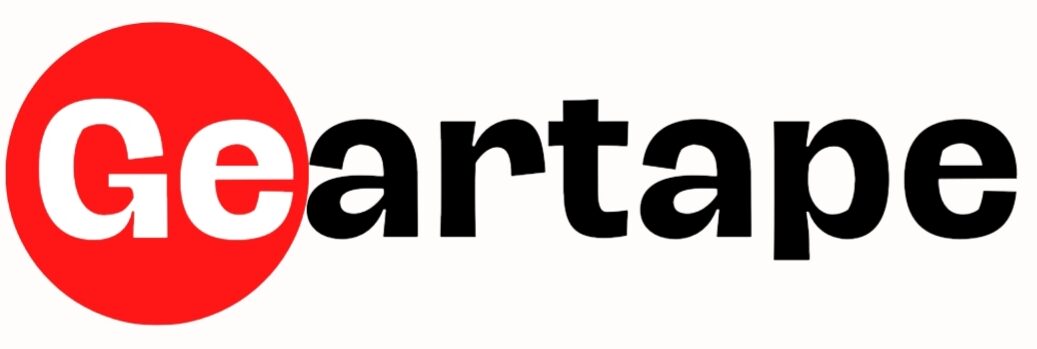Debt Activists Bought $10M in Student Debt for $125,000 — and Canceled It All
Thousands of college graduates have been granted relief from the burden of student debt they owed to their school.
The Debt Collective, an organization advocating for the abolition of all forms of debt, recently partnered with Morehouse College to erase outstanding account balances that had fallen into collections for the fall 2022 term and earlier.
Morehouse College, a historically Black institution in Georgia, facilitated this debt relief by transferring the remaining balances to the Rolling Jubilee Fund, an affiliated organization of the Debt Collective. This initiative effectively wiped out close to $10 million in institutional debt owed by 2,777 former students.
“Our nation is defaulting on the promise of education when we burden communities, especially Black HBCU graduates, with crushing amounts of student debt,” Braxton Brewington, spokesperson for the Debt Collective, said in a statement.
“This nearly $10M of student debt cancellation will put thousands of Black folks in a better position to be able to save for retirement, purchase a home or start a small business,” he continued.
The debt in question was not federal student debt; rather, it encompassed institutional debt owned by the college, such as unpaid tuition and other school-related expenses.
This kind of debt gives colleges the authority to withhold transcripts and diplomas until the balances are settled, potentially limiting the post-graduation employment prospects of affected students.
Last year, Biden announced a plan to offer up to $20,000 in student debt relief to federal borrowers making under $125,000 annually.
However, this plan faced legal challenges, and the Supreme Court ruled against it in June, contending that the president lacked the authority to broadly cancel debt under the HEROES Act of 2003.
In response to this legal setback, the U.S. Department of Education declared its intent to pursue an alternative route for providing debt relief, invoking the Higher Education Act of 1965. This process involves negotiated rulemaking, which includes negotiation sessions and public input.
Unfortunately, it may take until July 2025 for this plan to be fully implemented. The delay underscores the ongoing complexity of the student debt issue and the pressing need for comprehensive solutions.


